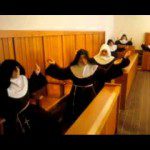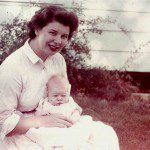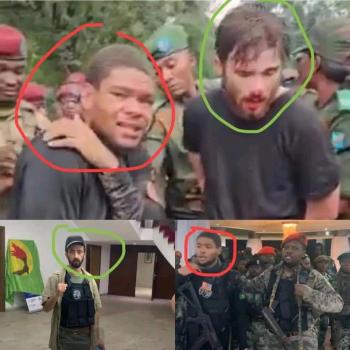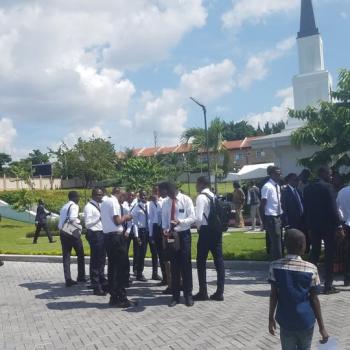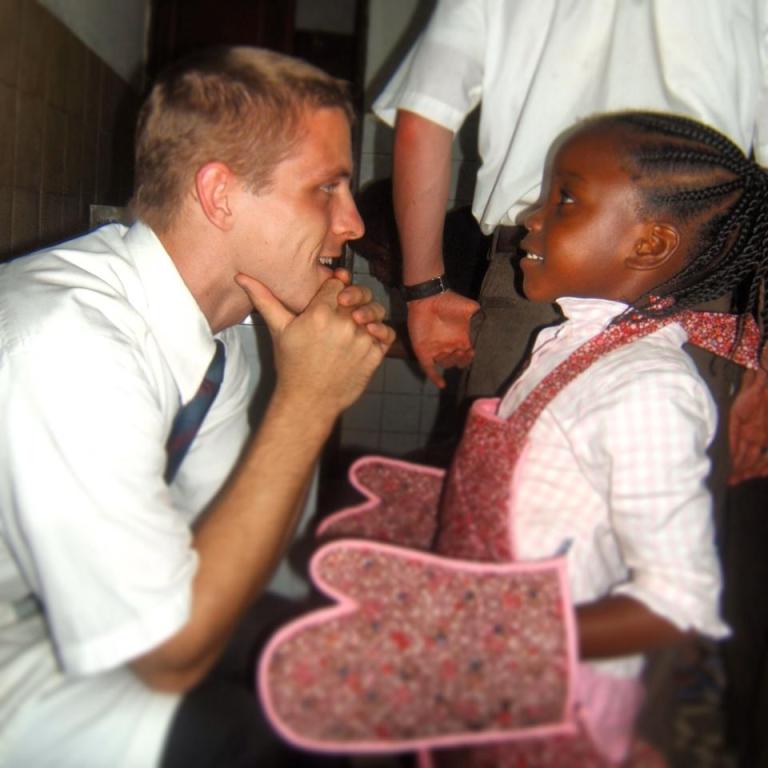This is by my friend Kerri Lynn Harris Bigler. I resonate with her insights on Veterans’ Day. With her permission, I post it here.
She blogs at Www.unevieenrose.com
Text:
Every year, I am humbled by November 11, which in the US is celebrated and holidayed as “Veterans’ Day”. In the United States, it is a day we remember those who have served in the Armed Forces, particularly during times and places of war. Many cities have veterans’ parades and military shows, which is lovely and makes my heart swell with thanksgiving for those who have been willing to serve and sacrifice. I claim, with pride, a number of veterans in my family, both in wartime and in peace.
However, over the years, I have become distinctly uncomfortable with how many of us tend to view Veterans’ Day. Many comments I see on social media promote it as a sort of “American Armed Forces Day”, and for some it seems to be another day to crow about how “we kicked the bastards in the ass”, another day of celebration of American prowess in war. In experiences and reflections I have had over the past number of years, I have come to view Veteran’s Day in a different fashion, and with a different focus.
I personally prefer the Anglo-European term for the holiday: Remembrance Day. And I feel that this day needs less flag-waving and more true remembrance. It is not just a day to celebrate U.S. soldiers and victories, but instead a day to honor all those who have served and sacrificed for freedom, all over the world. It is remembering also those veterans of other countries that our soldiers fought shoulder-to-shoulder with. The blood-red poppy that the Brits et al use as a symbol of the day (some there call it “Poppy Day”) is so incredibly apt. It is not just a day to remember heroics in battle, but also to remember the incredible COST, in blood and pain, of those battles. In other words, I think Veterans Day should be a day in which we also contemplate and remember the hell of war.
On a couple of different occasions, I have had the privilege of visiting WWII sites in Normandy, France. And it was not in the many D-Day museums that dot the landscape there that I found a glimmer of understanding of the realities of war, but in the battle sites themselves. In 2007 we visited Normandy as a family. While there, we slogged through the bunkers, bomb craters, and the chill, windswept headlands of Pointe-du-Hoc. The bunkers left the biggest impression on me. Pitch dark, dank, smelling of mould and urine, clammy cold. I was struck by the thought of the German soldiers huddled in these, as the wind blasted the spare landscape above, knowing that they were the tip of the Continental “iceberg”, so to speak, and that they would be a target. Were they afraid? Did they start at every new sound, knowing that the Allies would surely come? Viewing it from that lowly place and through completely different eyes, I was struck in very stark terms of the toll that war exacts on the human mind and heart.
In that same week, we visited the American Cemetery and Omaha Beach. I have had neither the courage nor the intestinal fortitude to watch “Saving Private Ryan”, as my husband and older sons (teenagers) did in preparation for visiting these places–my mother’s heart can’t bear the thought of boys screaming in pain, crying for their mamas. Watching it enacted would leave me sleepless, I know, for months. However, I have read accounts and have nothing but the most acute awareness of what horror was there that day. We walked much of the length of the beach, deserted for miles, the silence and peace one of the best “memorials” to war imaginable. The rows upon rows of white crosses (along with Stars of David for some soldiers) in the cemetery above the beach bore silent testament that there is not true “victory” in war. Sometimes there is only those left standing.
More recently I stood at the top of the Falaise Pocket (which is the valley surrounding the town of Falaise, France) with a dear friend who has walked most of the Western Europe battlefields. It was in this place that one of the deciding battles of WWII was fought. Allied troops on the hillsides had a huge number German soldiers trapped in the valley below. Some of the German army was able to break through at the top of the valley, where a couple of regiments of Polish soldiers were positioned. Historians do not agree on the number of losses by the German army. Most estimate that between 80,000 and 100,000 troops were caught in the pocket, of which 10,000–15,000 were killed, 40,000–50,000 taken prisoner, and 20,000–50,000 escaped. This sad account is in the Wikipedia entry for the Falaise Pocket: “The area in which the pocket had formed was full of the remains of battle. Whole villages had been destroyed and ruined and abandoned equipment made some roads totally impassable. Corpses littered the area—not only those of soldiers, but civilians and thousands of dead cattle and horses. In the hot August weather, maggots crawled over the bodies and hordes of flies descended on the area. Pilots reported being able to smell the stench of the battlefield hundreds of feet above it. American General Dwight D. Eisenhower recorded:
The battlefield at Falaise was unquestionably one of the greatest ‘killing fields’ of any of the war areas. Forty-eight hours after the closing of the gap I was conducted through it on foot, to encounter scenes that could be described only by Dante. It was literally possible to walk for hundreds of yards at a time, stepping on nothing but dead and decaying flesh.” (http://en.wikipedia.org/wiki/Falaise_pocket)
Indeed. “Victory” comes at a steep, horrifying, and bloody price. Though the cause may be glorious and just, the trenches and valleys of war are hell.
Every November 11, I re-read “In Flanders’ Fields”, a poem written by Canadian physician Lt. Col. John McCrae.
In Flanders fields the poppies blow
Between the crosses, row on row,
That mark our place; and in the sky
The larks, still bravely singing, fly
Scarce heard amid the guns below.We are the Dead. Short days ago
We lived, felt dawn, saw sunset glow,
Loved and were loved, and now we lie,
In Flanders fields.Take up our quarrel with the foe:
To you from failing hands we throw
The torch; be yours to hold it high.
If ye break faith with us who die
We shall not sleep, though poppies grow
In Flanders fields.
Putting romantic images aside, doesn’t keeping faith with those who die necessitate our remembrance of what they suffered? It is to accept the reality of blood-washed battlefields, knee-deep in gore. It is to remember that most soldiers on all sides are really just young boys, missing their mamas. It is to pledge never to enter into war lightly or wantonly. Surely keeping faith also means that we exercise prudence and caution in choosing our battles, or better yet, avoiding them altogether. It is commitment, bringing with us our hearts wounded and broken, that we will work for a better world, that those wartime sacrifices were not made in vain.
And in this, to make our Day of Remembrance less revelry, and more reverence.


